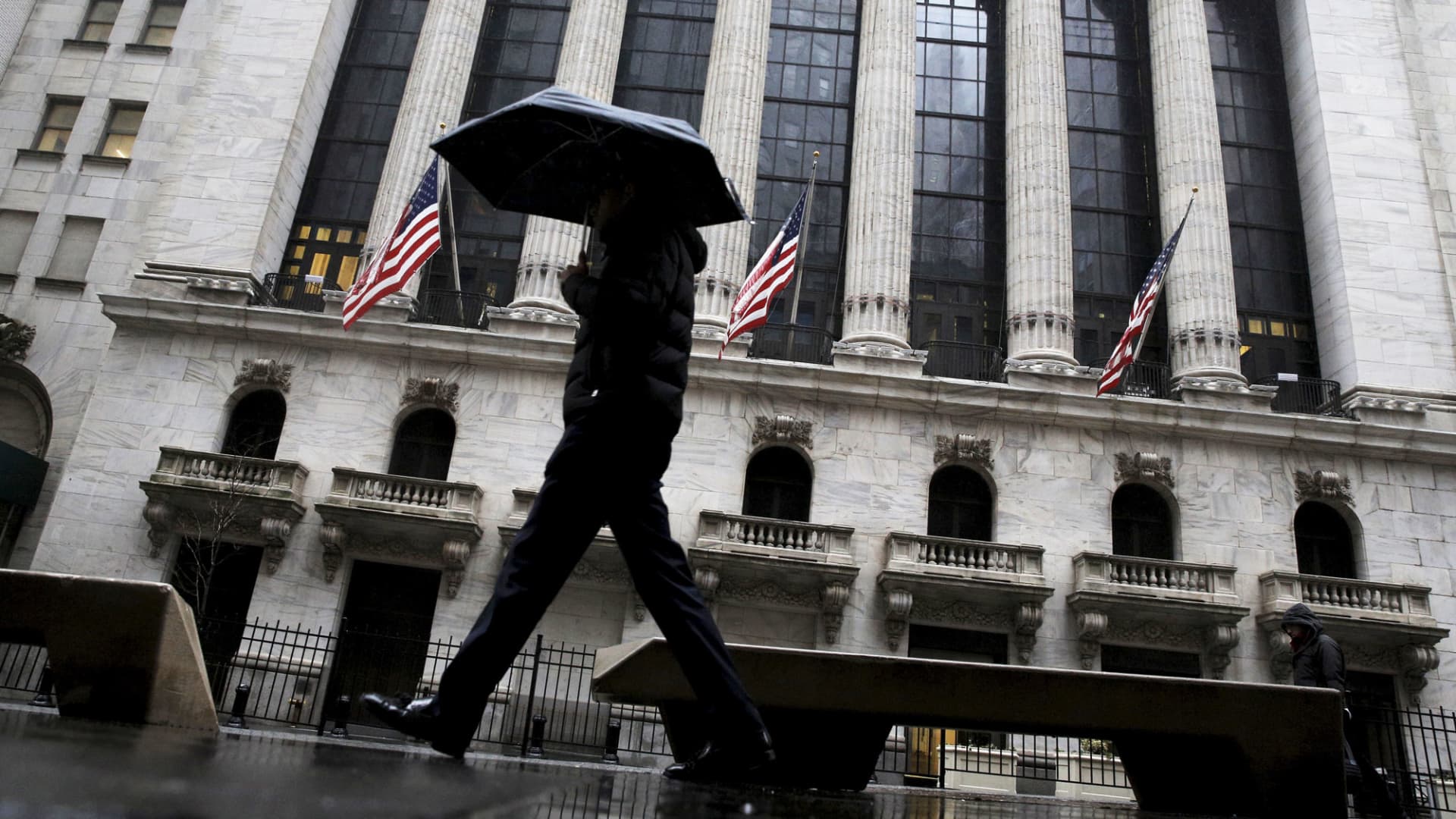
As more cutting-edge investment products work their way into the marketplace, there’s growing fear retail investors and even professional brokers are getting in over their heads.
Former SEC attorney David Gorman, who’s now a partner at Dorsey & Whitney, contends complex products designed for profits are creating unprecedented risks and U.S. regulators are taking notice.
“It’s just starting to emerge in their enforcement cases,” Gorman told CNBC’s “ETF Edge” this week. “These products are incredibility complicated.”
The Financial Industry Regulatory Authority, or FINRA, considers leveraged and inverse ETFs, equity indexed annuities and reverse convertibles as complex products.
It may not be enough to even have a Ph.D. in economics to understand the sophisticated instruments, according to Gorman.
‘This is classic Warren Buffett’
“This is classic Warren Buffett. If you don’t understand it, you can’t invest in it. And, that’s what’s happening here,” he said. “The first line of defense here is the broker-dealer. The broker-dealer is supposed to have policies and procedures in place that say this is how you teach people about this stuff. This is what this stuff is. And in the cases the SEC brought, those weren’t being followed.”
Main Management CEO Kim Arthur highlights the wide availability of alternative investments on trading platforms as problematic. His firm caters to institutional clients and high net worth individuals.
“We do use complex products, mostly options. And, they’re mostly covered call options. So, the big difference with that is you’re using that to dampen volatility. Create another stream of income or hedge against larger swings,” said Arthur in the same segment.
He believes it’s key to have regulators enforce the disclosures in the products.
“In the meantime, you just continue to do increased education alongside the regulation,” noted Arthur. “You don’t need a complex product to go broke day trading on Robinhood.”
If there’s a broad federal crackdown, Dave Nadig, CIO and director of research at ETF Trends, warns it could have serious consequences for the industry.
“[It] could have a pretty chilling effect on the sales of those products and investor portfolios,” Nadig said in the same segment. “These are really powerful tools that investors have come to rely on.”
Disclaimer






